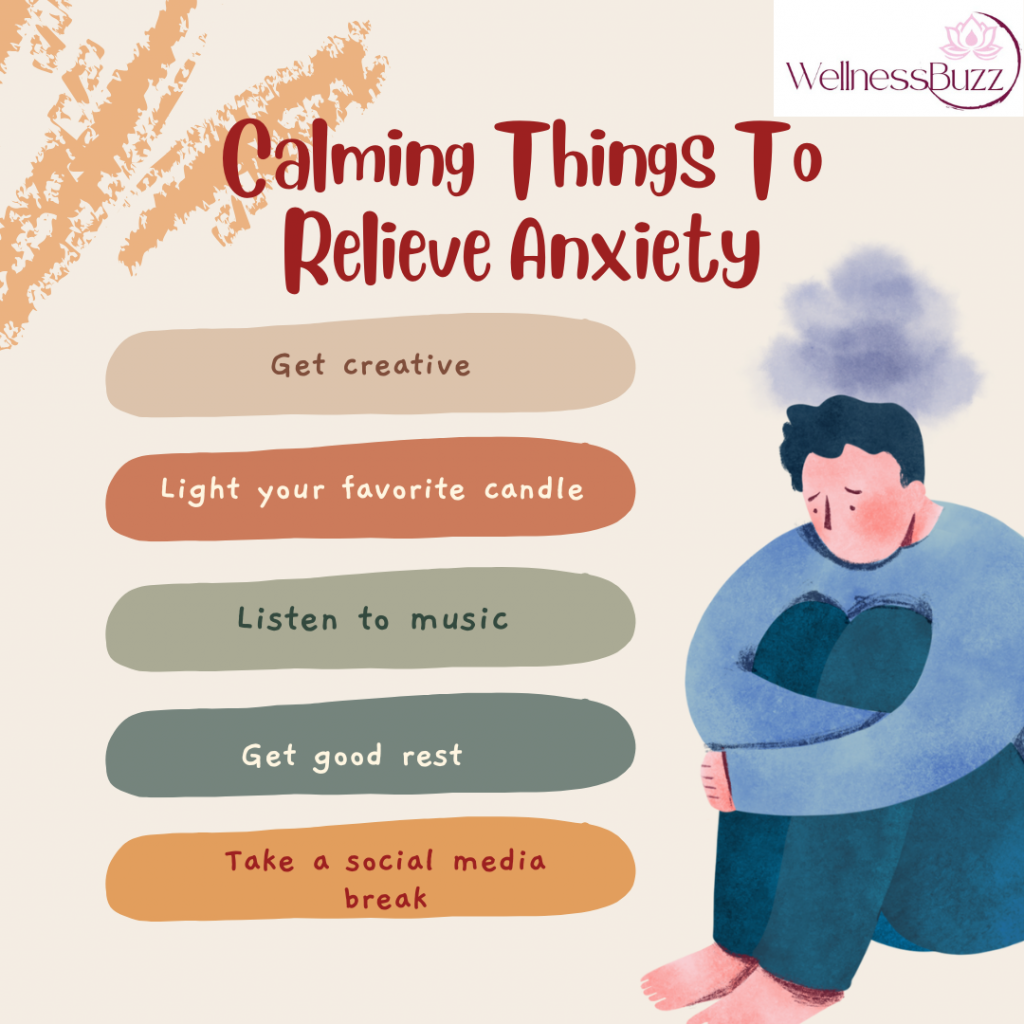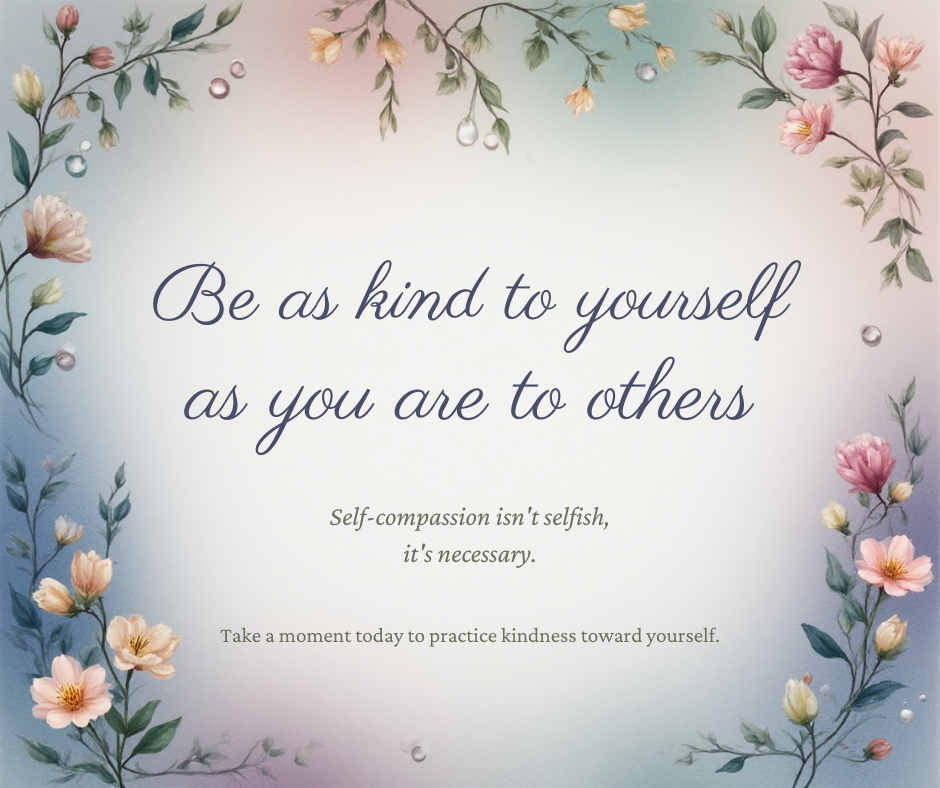Dealing with Anxiety – that persistent knot in your stomach, the racing thoughts, the feeling of being constantly on edge – is a common human experience. In our fast-paced world, it can often feel overwhelming, as if it’s controlling every aspect of your life. But here’s an empowering truth: while anxiety may be a part of your experience, it doesn’t have to define or dominate you. You possess the inner strength and capacity to navigate these feelings, cultivate calm, and reclaim your peace of mind.
The journey to managing anxiety is a unique one for everyone, but there are practical, actionable steps you can take today to lighten its grip.

This underscores the importance of simple, accessible techniques that can ground us. Here are several practical tips to help you navigate and deal with anxiety:
Embrace Mindfulness
One of the most immediate ways to calm an anxious mind is through focused breathing. When anxious, our breathing often becomes shallow and fast. Practicing deep diaphragmatic breathing – inhaling slowly through your nose, letting your belly rise, holding for a few seconds, and exhaling slowly through your mouth – can activate your body’s relaxation response. Mindfulness, which involves focusing on the present moment without judgment, can also help detach you from worrisome thoughts.
Prioritize Physical Activity
Regular exercise is a powerful anxiety reducer. Physical activity releases endorphins, natural mood lifters, and can serve as a distraction from anxious thoughts. Whether it’s a brisk walk, jogging, yoga, or dancing, integrating even 30 minutes of moderate exercise most days of the week can significantly improve your mood and reduce stress levels.
Cultivate a Healthy Lifestyle
What you consume, and how you rest, profoundly affects your mental state. Limit caffeine and alcohol, as they can exacerbate anxiety symptoms. Ensure you get adequate sleep (7-9 hours per night), as sleep deprivation can significantly heighten anxiety. A balanced diet rich in whole foods, fruits, and vegetables also plays a crucial role in regulating mood and energy.
Challenge Anxious Thoughts
Often, anxiety is fueled by irrational or catastrophic thinking. Learn to identify and challenge these negative thought patterns. Ask yourself: Is this thought based on fact or assumption? What’s the worst-case scenario, and how likely is it? What’s a more realistic or helpful way to look at this situation? Cognitive Behavioral Therapy (CBT) techniques often focus on this “cognitive restructuring.”
Overcommitting yourself can be a major source of stress and anxiety. Understand your limits and don’t be afraid to decline requests or delegate tasks if your plate is already full. Protecting your time and energy is not selfish; it’s essential for maintaining mental well-being.
Support System
Connecting with trusted friends, family, or support groups can provide comfort and perspective. Sharing your feelings can lighten the load. If anxiety persistently interferes with your daily life, consider seeking professional help from a therapist, counselor, or doctor. They can provide tailored strategies, and in some cases, medication might be an appropriate part of a comprehensive treatment plan.
Conclusion
Dealing with anxiety is an ongoing journey, and some days will be more challenging than others. By consistently applying these practical tips and remembering to be compassionate with yourself, you can build resilience, reduce anxiety’s grip, and foster a calmer, more fulfilling life.







Leave a Reply